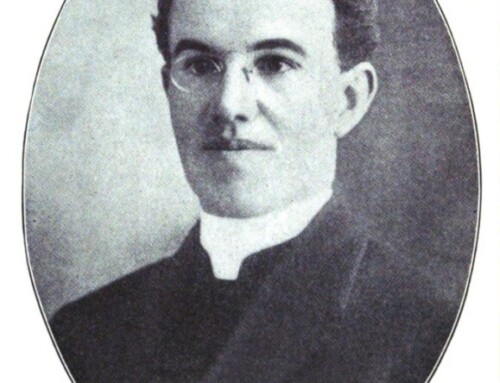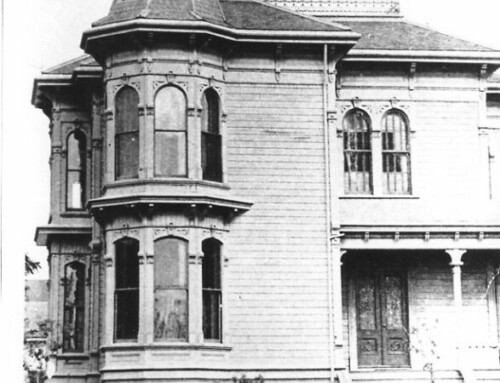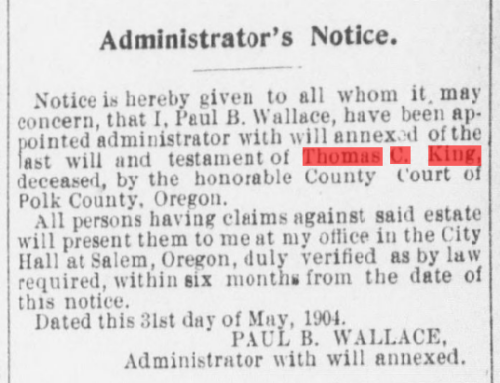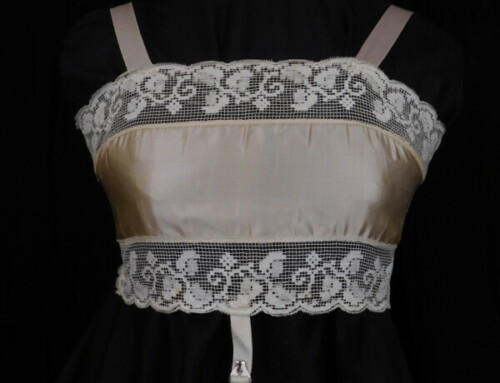by Richard van Pelt, WWI Correspondent
An editorial in the Statesman addresses how nationalism and jingoism have begun to infect public opinion:
London has boycotted German music, along with Muenchner beer and Rhine wine. Germany retaliates by banning Scotch whiskey and English drama. As Wagner, Back and Beethoven are kicked out of London concert halls, Leipzig burns a British exhibit of rare Shakespeare editions.
It hardly looks fair, at this distance, to bring Shakespeare, Wagner, et. al. into the war. Authors, composers, painters and such folk have always been regarded as non-combatants, particularly if they have been dead a long time. Undoubtedly William Shakespeare, if he could be reached by the correspondents, would explain that he is thoroughly neutral, and that any natural pro-English sentiment he might have was balanced by the knowledge that Germany had kept his masterpieces alive through enthusiastic admiration and performance of them when England’s dramatic taste had sunk to cheap farces.
Somehow when nations that are contending for civilization and human rights invade the realm of art, they are not convincing.
On the economic impact of the war, the editor notes in “The Farmer’s Opportunity:”
Agriculture has come into honor and profit again, and seems destined to hold the proud place it now occupies.
The American farmer’s upward curve of prosperity has culminated in this year’s big crops marketable at war prices. And the indications are that the farmer is “king” not merely for a season. The war may be long and the outlook promises no abatement of high rates. Even if the millions of soldiers return to their customary work next spring, foreign crops will be curtailed by lack of horses, cattle, farming equipment, seed and capital. It may be hers before the European grain fields yield their normal production. The laborers, too, will be fewer, because of the killed and crippled, and the peasants drafted into industrial occupations to repair the vast waste of manufactured products wrought by war.
“. . .
[A]s more and more of the available land is utilized and the proportion of industrial population increases . . . mortgages will now be paid off faster than ever, farm life will be come pleasanter through prosperity and the adoption of city conveniences and comforts [and] there will be still less tendency for the best blood of the country to be drained off to industrial centers.Recognizing the value immigrants provide and bring to the economy, the editorial page of the Capital Journal lauded the prospects for immigrants and hoping that they come to Oregon in “War Makes Oregon’s Opportunity:”
Since the war started there has been a steady and notable decrease in the number of new arrivals from Europe, and this decrease will probably “increase” as time passes.
****
While conditions have changed in the east so as to discourage immigration, just the opposite conditions has been reached in the west. . . .[H]ere there are vast areas of cheap lands that will appeal with irresistible force to these people. To the American, the idle lands of eastern Oregon and the whole Inland Empire are looked upon as waste. They will not produce without too much labor and at once. That is fatal from the American viewpoint, for they want quick results, and will not wait as will those coming to us soon from the old world.
These lands will be made to produce by the hardy people who are coming to us, and who will build up homes for themselves where, let us hope, that gaunt specter of Want and his grim brother, War, will never again be visitors.
Now is the time for Oregon to wake up as she never did before and arrange to secure a large share of these thrifty people. . . . Among those who will seek homes on this side of the ocean are Belgians skilled in all flax manufacturing branches. We should secure them and make the Willamette valley another Belgium in this line. . . . There are thousands of skilled workers whose longing eyes are already turned toward America, and Oregon, with her vacant lands, wasting water power and vast opportunities along all lines of manufacturing, offers them a home such as they have never even dreamed of. It is up to us to show these people what we have that they want, and to show them just as soon as conditions back there permit of their moving.







Leave A Comment